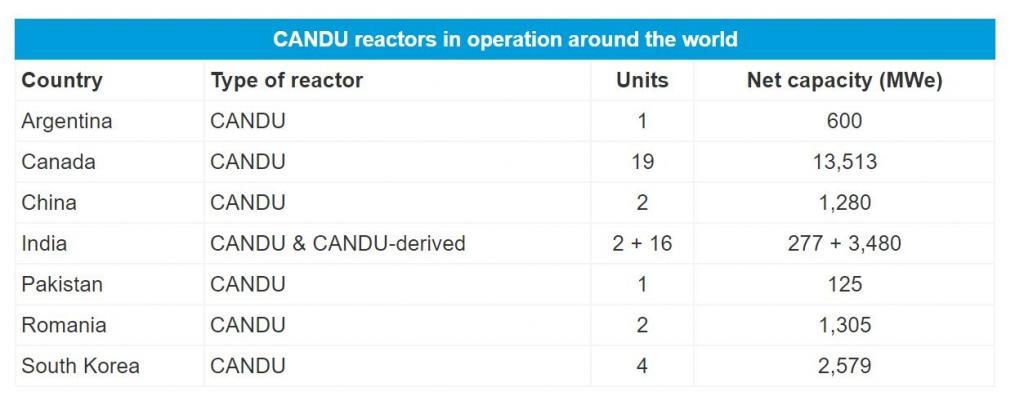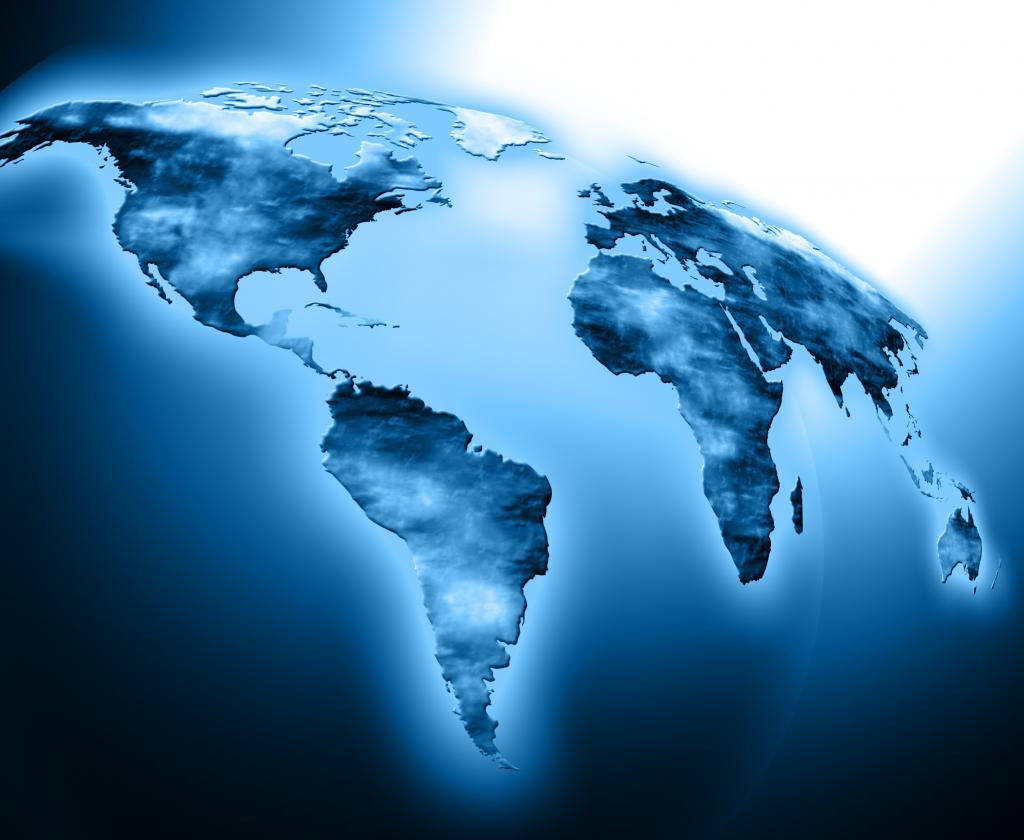Export
With an abundance of nuclear resources, Canada is a major exporter. This bolsters the Canadian economy, brings in tax revenue, and enhances Canada’s international prestige. Canada does this while providing nuclear technology that saves lives and fights climate change.
Uranium
Canada has the third-largest uranium reserves in the world and is the world’s second-largest exporter of uranium. About 15 per cent of the uranium mined in Canada powers CANDU reactors. The rest is exported — at a value of about $1 billion per year — mainly to the United States, Europe and Asia.
This has considerable employment benefits, as the Canadian uranium mining sector spent about $377 million on salaries, wages and benefits for its employees in 2012.
As a peaceful nation, Canada ensures that all its uranium exports are used for peaceful purposes. Canada adheres to the 1970 Non-Proliferation Treaty and maintains stringent export controls.
Medical isotopes
Canada has been the leading exporter of medical isotopes, used to diagnose and treat cancer and other diseases. This includes 75 per cent of the world’s cobalt-60, used to sterilize 45 per cent of the world’s single-use medical supplies.
Chalk River Laboratories is researching the next generation of medical isotopes. In 2018, Canada’s Prime Minister announced a new Institute for Advanced Medical Isotopes at the University of British Columbia’s TRIUMF facility.

CANDU
Canadian-designed CANDU reactors are exceptionally safe. Because they use natural (not enriched) uranium, fuel costs are lower than those for light water reactors used in the United States. CANDU reactors operate during refuelling (also unlike US reactors). Other countries have recognized these benefits and bought CANDU reactors, with 12 operating in South Korea, Romania, China, India and Argentina.
Cooperation among CANDU-owning corporations and government agencies fosters innovation, the sharing of expertise, and the promotion of CANDU technology.

